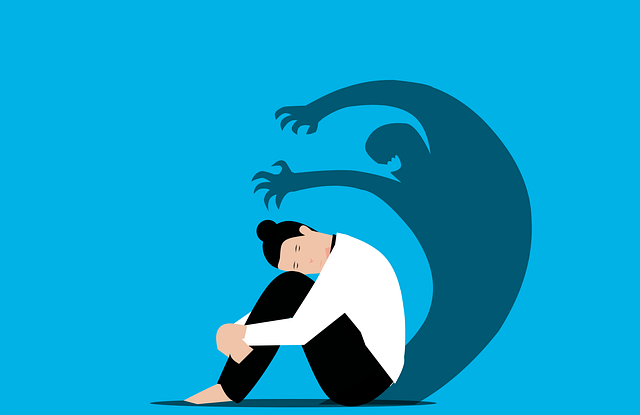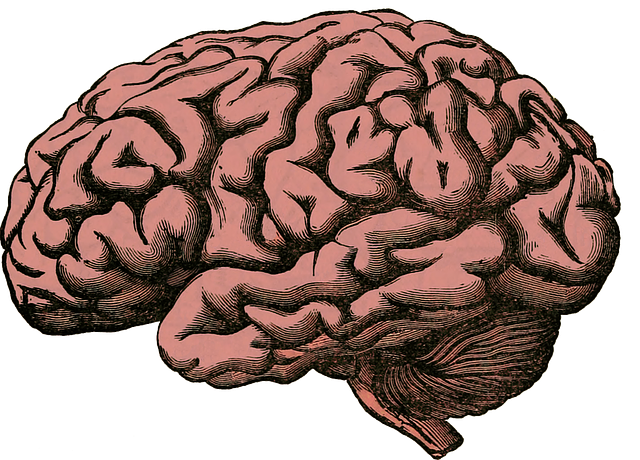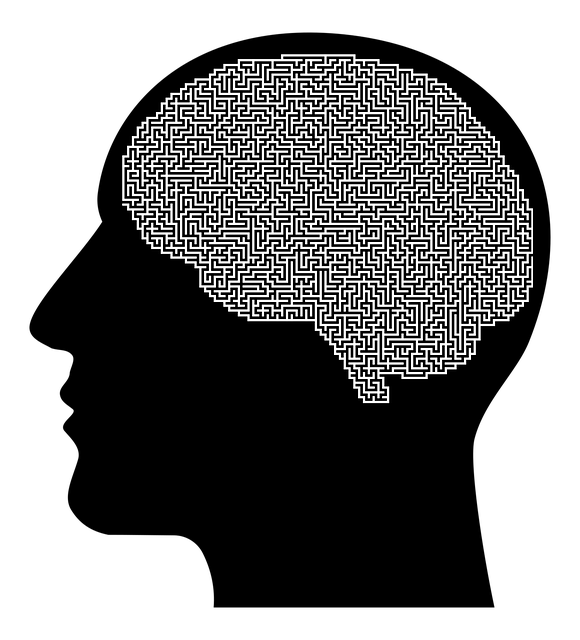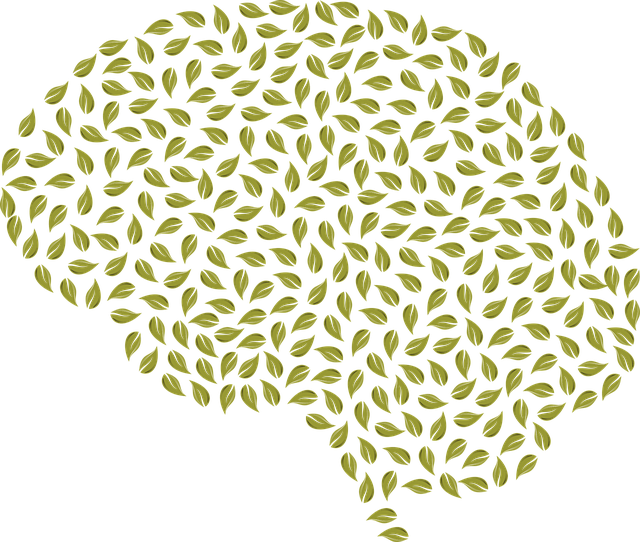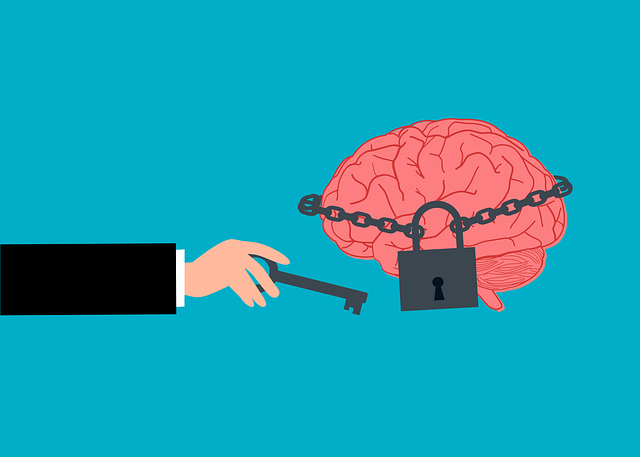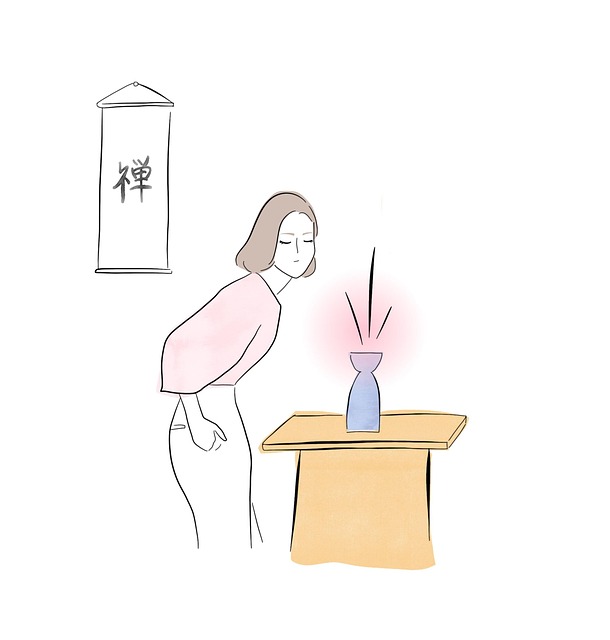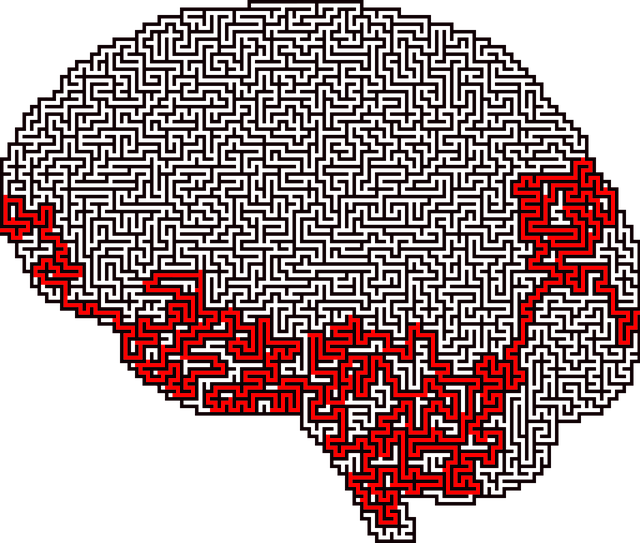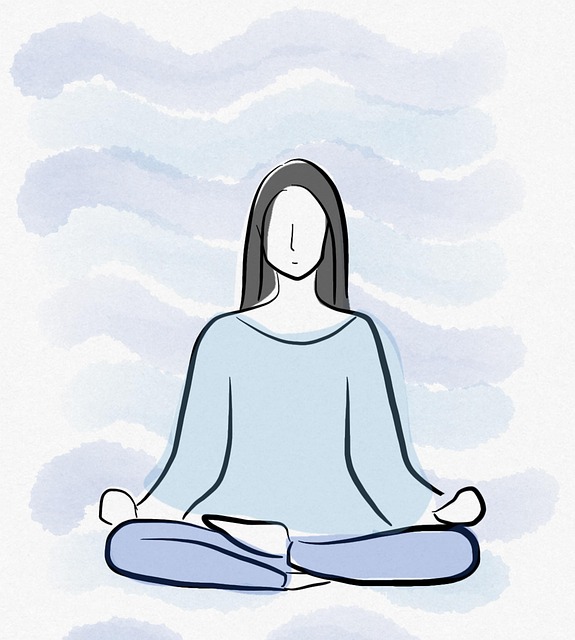Elderly individuals face unique mental wellness challenges, exacerbated by cognitive changes and social isolation. Specialized apps integrating evidence-based practices like Cognitive Processing Therapy (CPT) are gaining traction. These apps serve as tools for mental health professionals, reducing stigma, fostering resilience, and enabling timely interventions. Designing CPT within these apps requires a balanced approach: accessible interfaces, engaging content, storytelling, and mood management tools. Key features include progress tracking, goal setting, and tailored coping strategies, offering continuous support outside clinical settings to promote the well-being of elderly users.
In today’s digital age, mental wellness apps offer a promising solution for addressing the unique challenges faced by elderly individuals. With an aging population, there’s a growing need for innovative tools that cater to their specific psychological needs. This article explores the development of mental health applications focused on cognitive processing therapy for seniors. We delve into understanding the target audience, designing effective therapeutic features, and integrating user experience considerations to enhance the overall well-being of older adults through digital means.
- Understanding the Need for Elderly Mental Wellness Apps
- Designing Effective Cognitive Processing Therapy Features
- Integration of Therapeutic Tools and User Experience Considerations
Understanding the Need for Elderly Mental Wellness Apps

The elderly population faces unique challenges when it comes to mental wellness, highlighting a growing need for specialized apps tailored to their specific requirements. As people age, cognitive changes and social isolation can impact their emotional well-being, making access to appropriate support crucial. Therapy for Elders, particularly cognitive processing therapy, offers an effective approach to addressing these concerns.
Apps designed for this demographic can serve as valuable tools for mental health professionals in assessing risk and providing timely interventions. By incorporating evidence-based practices, such as cognitive processing techniques, these applications aim to reduce the stigma associated with mental illness among seniors while fostering positive thinking and overall resilience.
Designing Effective Cognitive Processing Therapy Features

In designing features for Cognitive Processing Therapy (CPT) within mental wellness apps, catering specifically to elders requires a nuanced approach. CPT is an evidence-based therapy that helps individuals process traumatic memories and develop healthier thought patterns. For older adults, who may face unique challenges such as cognitive decline or social isolation, app functionalities should prioritize accessibility and simplicity. This could include clear, large-font interfaces and intuitive navigation to ensure users can easily engage with therapeutic exercises.
Effective CPT features within the app should incorporate tailored communication strategies that resonate with elders’ lived experiences. Incorporating elements of storytelling or using relatable cultural references can make therapy more engaging and meaningful. Additionally, mood management tools could take the form of guided meditations or journaling prompts designed to help users track and regulate their emotions. For those who have experienced trauma, integrating subtle yet powerful trauma support services, such as virtual reality exposure therapy or safe space features, can provide much-needed relief and support.
Integration of Therapeutic Tools and User Experience Considerations

The development of mental wellness apps should prioritize integration of therapeutic tools tailored to specific user needs, especially for elders undergoing cognitive processing therapy. Effective apps can provide accessible and engaging avenues for depression prevention, leveraging digital platforms to enhance traditional therapy methods. User experience (UX) considerations are paramount; intuitive interfaces, personalized content, and adaptive feedback mechanisms ensure apps cater to diverse preferences and abilities.
By incorporating these elements, mental wellness apps not only facilitate risk management planning for mental health professionals but also foster continuous support outside clinical settings. Incorporating features such as tracking progress, setting achievable goals, and offering tailored coping strategies can significantly contribute to the overall well-being of users, particularly the elderly population undergoing cognitive processing therapy.
The development of mental wellness apps tailored for the elderly, focusing on cognitive processing therapy, is a promising approach to addressing the unique challenges of this demographic. By integrating therapeutic tools seamlessly into user-friendly interfaces, these applications can significantly improve seniors’ mental health and overall quality of life. As we navigate the digital landscape, such innovations hold great potential in providing accessible and effective therapy for elders, fostering a more supportive and inclusive society.
